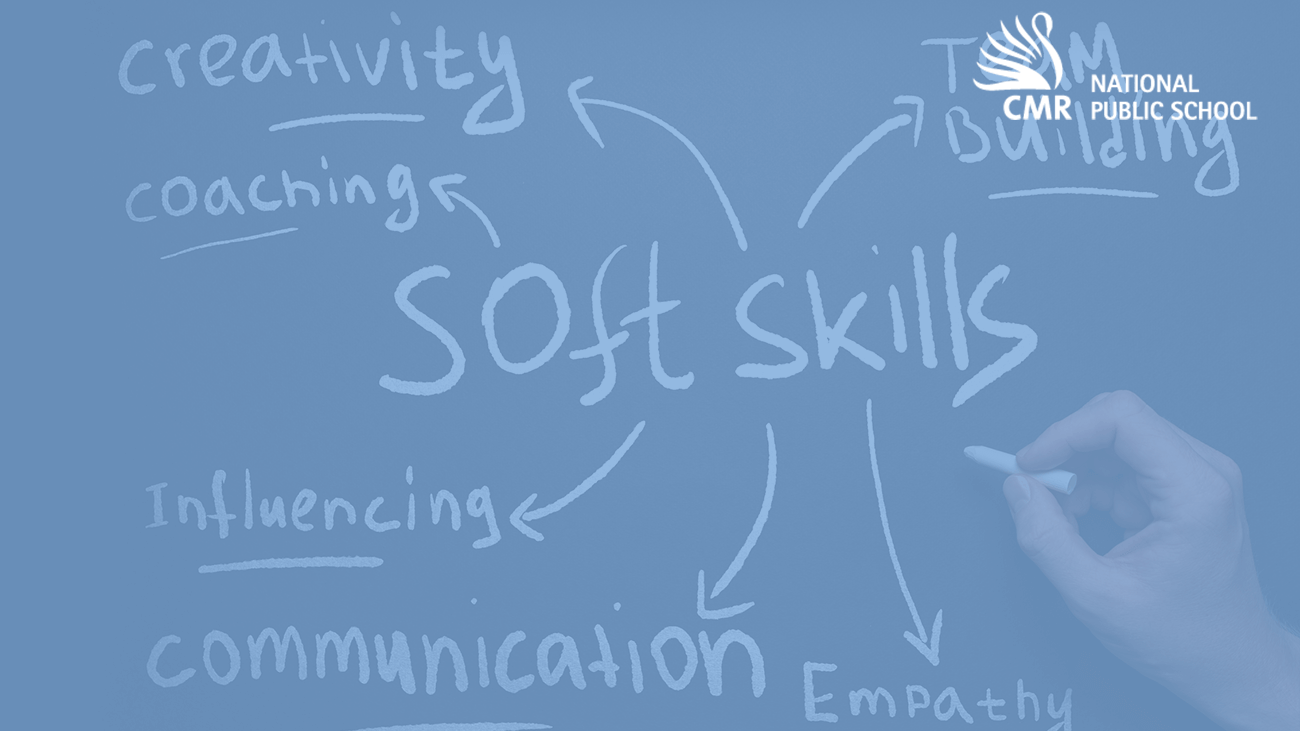Stress is seen as a state where you feel like you do not have the resources to handle a particular situation. While it can be really helpful sometimes (that rush of motivation to finish the project due tomorrow? Yup, that’s stress), there are times when it can definitely overwhelm and come in the way of what we want to do.
Stress clouds our mind, judgment, and our ability to think clearly about what we need to do. In hindsight, we regret many of our decisions taken during moments of stress. Why does this happen? Stress is a physiological or bodily state where our bodies are geared to make it through a ‘dangerous’ situation. This makes sense when we think of our early ancestors surviving in the wild. They needed all the help they could get to get away from predators and attackers. In our day-to-day life, however, we don’t need to do any of that.
In a state of stress, our body (and mind) has all the resources it needs to tackle one situation. This could mean fighting it or escaping from it. If all else fails, it freezes or plays dead. When you think about that exam or assignment, neither of these responses helps. But that’s what we do. We either try to procrastinate (fleeing) or maybe we get frantic and upset (fighting) or we just don’t know what to do (freezing). The stress response is not a thinking response. We can’t think or reason our way out of this.
So what can we do? The best way I’ve read and learned to deal with stress is to work with my body’s response. I am someone who gets stressed out very easily. My body’s stress response is easily activated by situations in my environment. When people would tell me to calm down or make me think my way through it, it generally made me feel more stressed.
- Know how your body responds to stress- When I’m stressed, there is an uneasy feeling in my stomach, my shoulders tense up, and my jaw clenches. How does your body respond to stress?
- Work with those sensations- Once I notice these sensations in my body, I work with them one at a time. I adjust my shoulders by either relaxing them, changing my posture, or massaging them, unclench my jaw and maybe also focus on the uneasiness in my stomach. Sometimes, I mindfully deepen my breaths as well.
- Move your body: Stress also leads to a buildup of energy in your body. I sometimes choose to take a walk, adjusting my pace as necessary or maybe even workout at that time.
- Social Connection- Sometimes, I also connect with people with who I feel comfortable. These range from family members, friends, or my therapist. While I may not tell them what is happening, just being with them makes me feel calmer.
- The First Step: Once I feel calmer, I then look at what is happening and start with the easiest step in the process. I’ve realized that half the battle is just in starting the task.
In between, if I notice myself getting stressed and if that stress is interfering with my work, I sometimes repeat the above steps all over again. While this may seem long and occasionally leads to a delay in my work, in the long run, it has helped me manage my stress levels better. If there is anything I would like you to take away from this post, it is that trying to think through stress rarely works. It’s important to listen to what your body and your emotions need and work with that before tackling the task at hand.
If you would like to know more about this, you can reach out to your counsellor at https://zfrmz.in/ufr7rZDXzwb4wc81BZPm
Select the option “Student Wellness” to connect with the counsellor.




